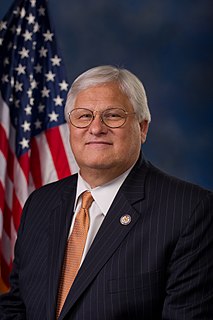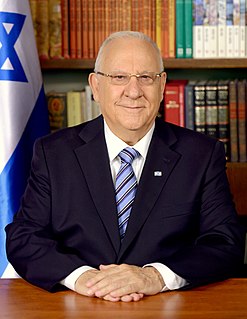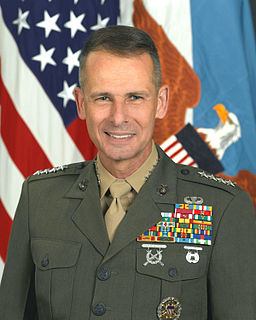A Quote by Peter Bergen
When it comes to the greater Middle East, McMaster brings to the table his own deep knowledge of Iraq and Afghanistan, countries where he served for many years.
Related Quotes
There has been sort of, if you will, a moral interventionism on the part of the United States trying to reshape countries in our own image. Now, we had to go into Afghanistan. We didn't have to go into Iraq. But the idea that you could create a Vermont in the Middle East like that was naive from the beginning.
I mean, you can agree or disagree with Iraq or Afghanistan, but by the way, now the great campaigning cause out there is the absence of intervention in Syria. And then in Libya, it's partial intervention. And that doesn't really explain why some countries that have literally nothing to do with the interventions in the Middle East end up getting targeted.
Sadly, a U.S. invasion of Iraq 'would threaten the whole stability of the Middle East' - or so Amr Moussa, secretary-general of the Arab League, told the BBC on Tuesday. Amr's talking points are so Sept. 10: It's supposed to destabilize the Middle East. The stability of the Middle East is unique in the non-democratic world and it's the lack of change in Iraq, Iran, Saudi Arabia, Syria, Egypt that's turned them into a fetid swamp of terrorist bottom-feeders.
If I look at the really important questions in [Middle East] region, I see Iran, where there is a strong desire for a freer society and where people are repressed by a small group of ayatollahs. I see Syria, where we can see a similar desire of the people to be free. These two countries fund Hezbollah and other terrorist organizations and are hurting our efforts in Afghanistan and have been extremely harmful in Iraq. Then I also see large, important countries such as Egypt and Saudi Arabia.
The tactical issue is ISIS or ISIL in the greater Levant area, which is essentially Syria, and Iraq, Lebanon, Jordan, et cetera. But the wider problem is not just trans-regional in that part of the world, but it's also global. I mean, 40 to 50 countries supplying fighters to this current fight in the Middle East? Come on.
Afghanistan would have been difficult enough without Iraq. Iraq made it impossible. The argument that had we just focused on Afghanistan we'd now be okay is persuasive, but it omits the fact that we weren't supposed to get involved in nation-building in Afghanistan.In my new book, I open with a quote from Donald Rumsfeld. In October 2001, he said of Afghanistan: "It's not a quagmire." Ten years later there are 150,000 Western troops there.
All over the Middle East, we face difficult challenges: the ongoing tragedy in Syria, the instability in Iraq, and the jihadist terrorism which dares to speak in the name of Islam, brings so many to seek refuge. The Hashemite Kingdom is facing all these challenges with honor, with dignity, and with great national and human solidarity.
I believe that the Iraqis have an opportunity now, without Saddam Hussein there, to build the first multiconfessional Arab democracy in the Middle East. And that will make for a different kind of Middle East. And these things take time. History has a long arc, not a short one. And there are going to be ups and downs, and it is going to take patience by the United States and by Iraq's neighbors to help the Iraqis to do that. But if they succeed, it'll transform the Middle East, and that's worth doing.
































